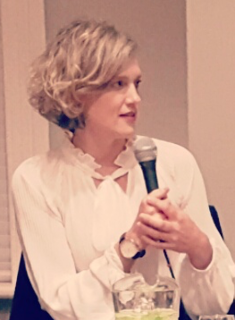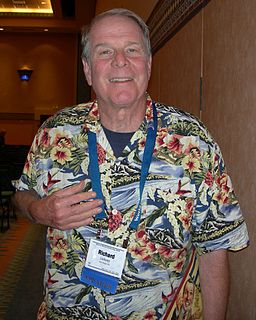A Quote by Joseph Brodsky
I haven't shifted language. I'm writing in English because I like it. I'm a sucker for the language, but the good old poems I'm still writing in Russian.
Related Quotes
English has always been my musical language. When I started writing songs when I was 13 or 14, I started writing in English because it's the language in between. I speak Finnish, I speak French, so I'll write songs in English because that's the music I listen to. I learned so much poetry and the poetic way of expressing myself is in English.
Actually, I've taught creative writing in Turkey, at an English language university, where the students were native Turkish speakers, but they were writing their essays in English, and they were very interesting - even the sense of structure, the conventions of writing, the different styles of writing.
On of the reasons that I wanted to study literature was because it exposed everything. Writers looked for secrets that had never been mined. Every writer has to invent their own magical language, in order to describe the indescribable. They might seem to be writing in French, English, or Spanish, but really they were writing in the language of butterflies, crows, and hanged men.
I have a funny relationship to language. When I came to California when I was three I spoke Urdu fluently and I didn't speak a word of English. Within a few months I lost all my Urdu and spoke only English and then I learned Urdu all over again when I was nine. Urdu is my first language but it's not as good as my English and it's sort of become my third language. English is my best language but was the second language I learned.
I have stolen more quotes and thoughts and purely elegant little starbursts of writing from the Book of Revelation than anything else in the English language - and it is not because I am a biblical scholar, or because of any religious faith, but because I love the wild power of the language and the purity of the madness that governs it and makes it music.
English was my fourth language. I arrived, I enrolled in public school, as a child, I believe I was about six years old when we finally landed in Michigan. And I was initially put in special education because I couldn't quite wrap my mind around the English language because I was listening to Hungarian and Albanian and German. My mind broke down like I couldn't quite wrap my mind around the fourth language.
James Joyce's English was based on the rhythm of the Irish language. He wrote things that shocked English language speakers but he was thinking in Gaelic. I've sung songs that if they were in English, would have been banned too. The psyche of the Irish language is completely different to the English-speaking world.
The politics of language and the politics of writing really got to me. I've heard this phrase more than once now: this idea of the poetry wars, or the idea that people within the space of writing are at odds with one another or manipulating language to further one's political stance, manipulating language in ways that really felt dirty to me. All of these things worked their way into and through language for me.






































